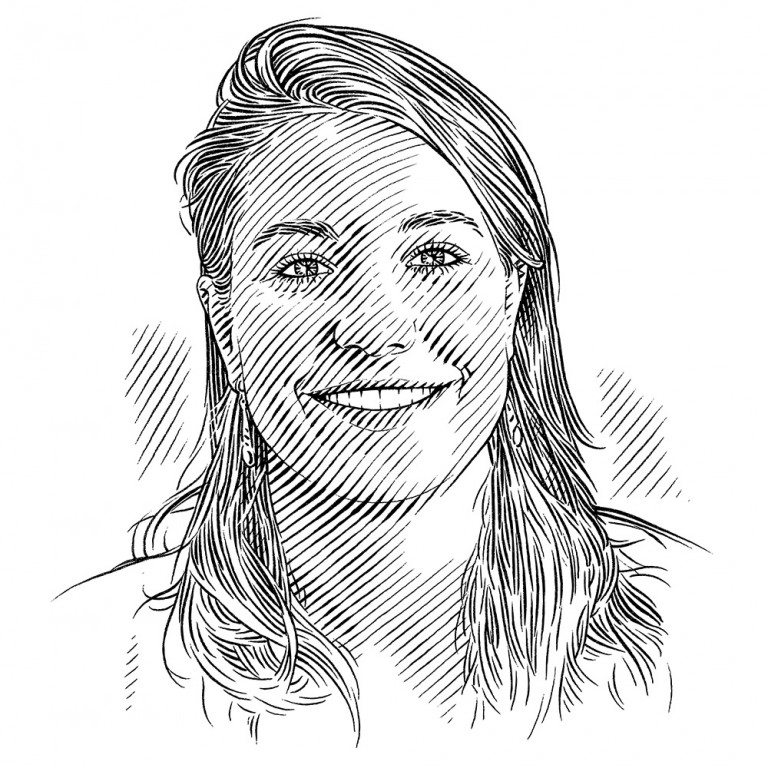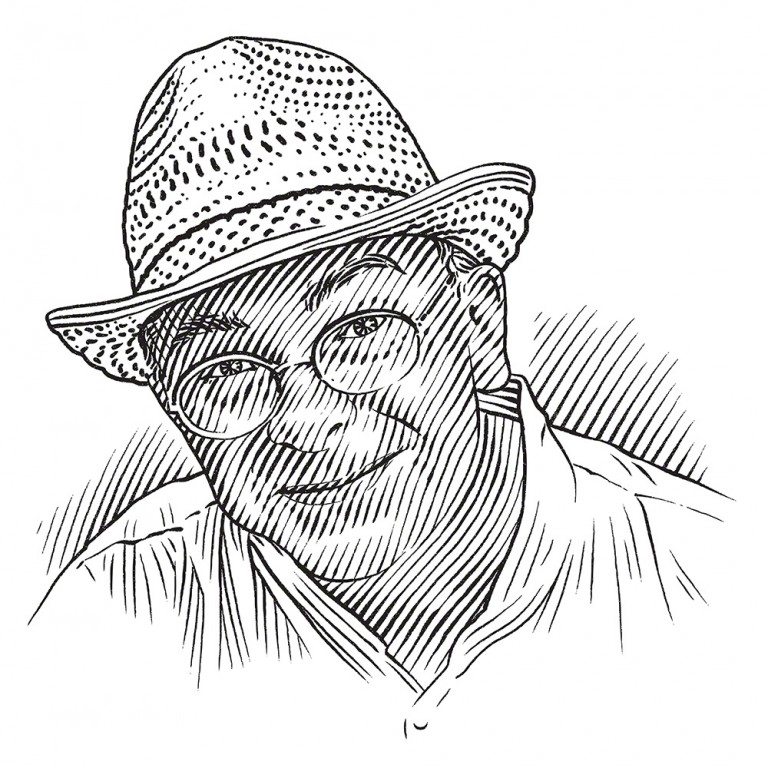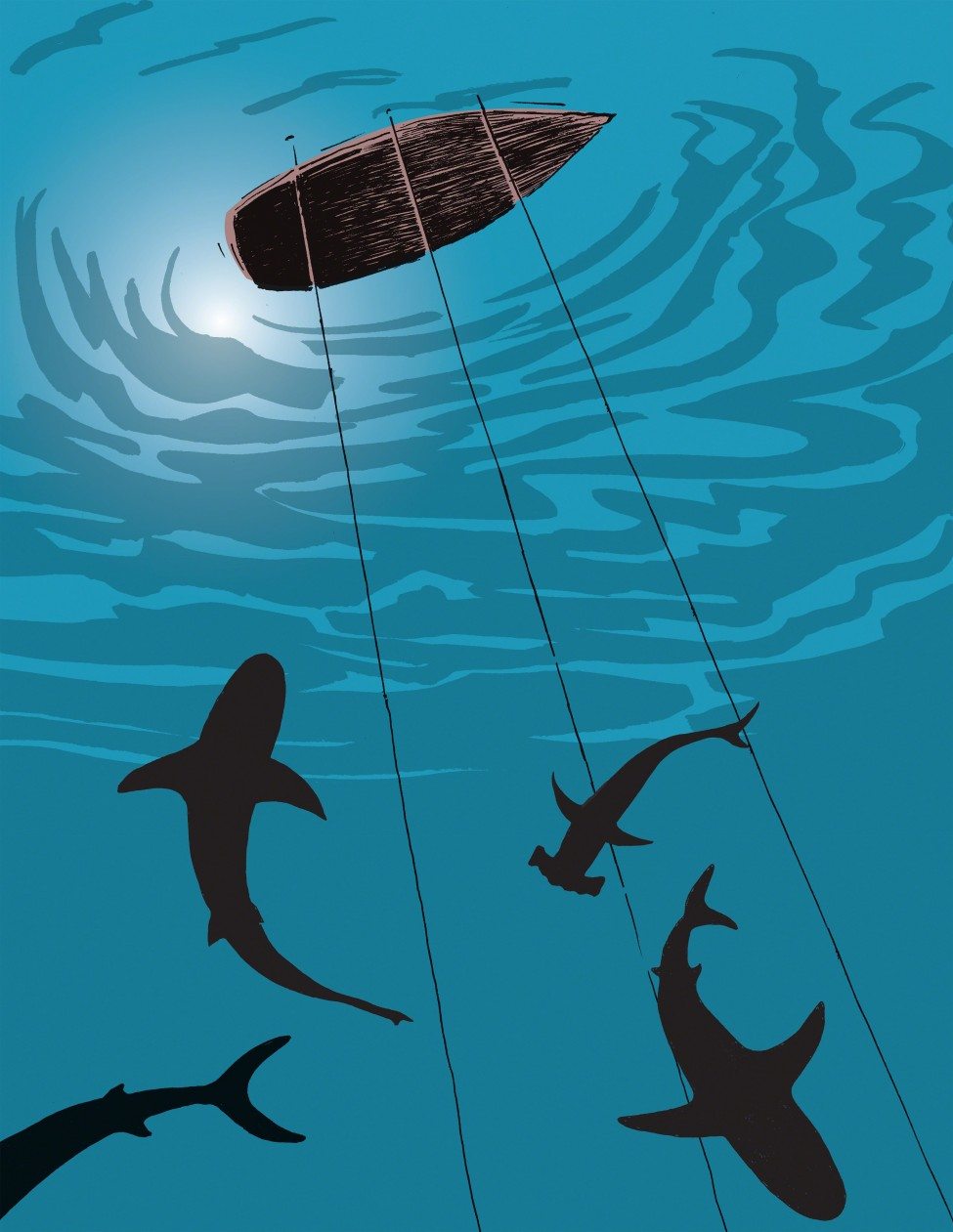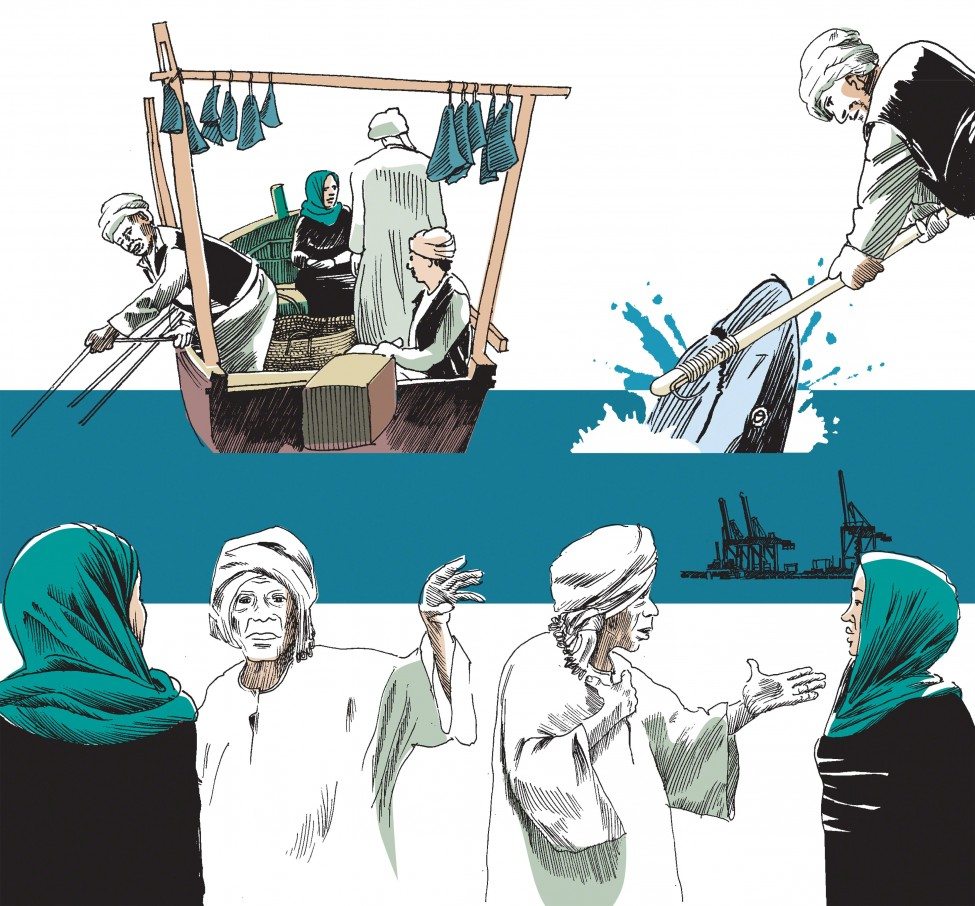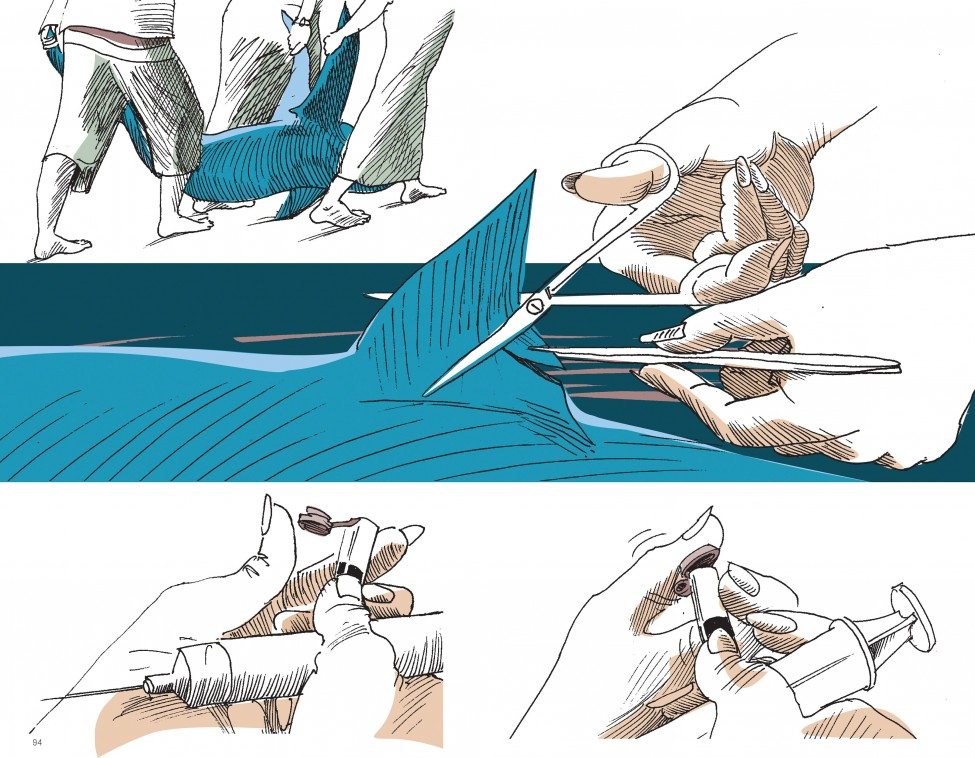Saving Sudan’s Sharks
The Sudanese coastline has a rare treasure – one of the few remaining communities of healthy shark populations. Igbal Elhassan is on a mission to keep it that way.
When Igbal Elhassan chose to study sharks for her Master’s degree, it was not because she loved them. In her home country, as in most of the world, they had a bad reputation. Fortunately for the sharks that range along Sudan’s 750-kilometre coastline, the late Abu Gederi, a professor at the University of Khartoum, pushed her to study them and, 11 years later, she is Sudan’s only specialist shark scientist. Single-handedly Igbal has painted the first picture we have of the country’s diverse and unusually healthy shark populations. At the same time, exposure to the plight of these formidable creatures has transformed her fear of them into deep compassion and ignited a steely determination in her.
‘You know, there are other women doing marine biology and oceanic studies of the Red Sea, but I don’t think there is another one who goes out on boats,’ laughs Igbal as she describes her first sampling trip aboard a commercial long-liner during her Master’s research in 2001. This was the first time that she had ever seen a real-life shark. ‘I couldn’t believe it. They caught these huge tiger sharks and oceanic whitetips. I wasn’t afraid. I was just astonished by their size. I also felt truly sad to see them brought aboard alive and then killed for their liver and fins. Those were horrible moments for me.’
Igbal completed her Master’s degree in 2002. The first study on sharks in the waters of Sudan and neighbouring countries, it investigated the socio-economic aspects of the local fishery as well as basic biological traits of sharks in the region. She identified 23 shark species, including significant populations of oceanic whitetip, grey reef, hammerhead and spot-tail sharks, as well as three species of batoids (rays, skates and sawfishes), including green sawfishes. She also determined the geographical distribution of these species, as well as their mating and pupping seasons, and located nursery areas for the main species that are targeted by fisheries.
Decoding desert sharks
Igbal is Sudan’s first shark scientist. She has spent years collecting tissue samples of sharks at local landing sites. Using genetics, she hopes to crack the code of shark populations in the Red Sea.
